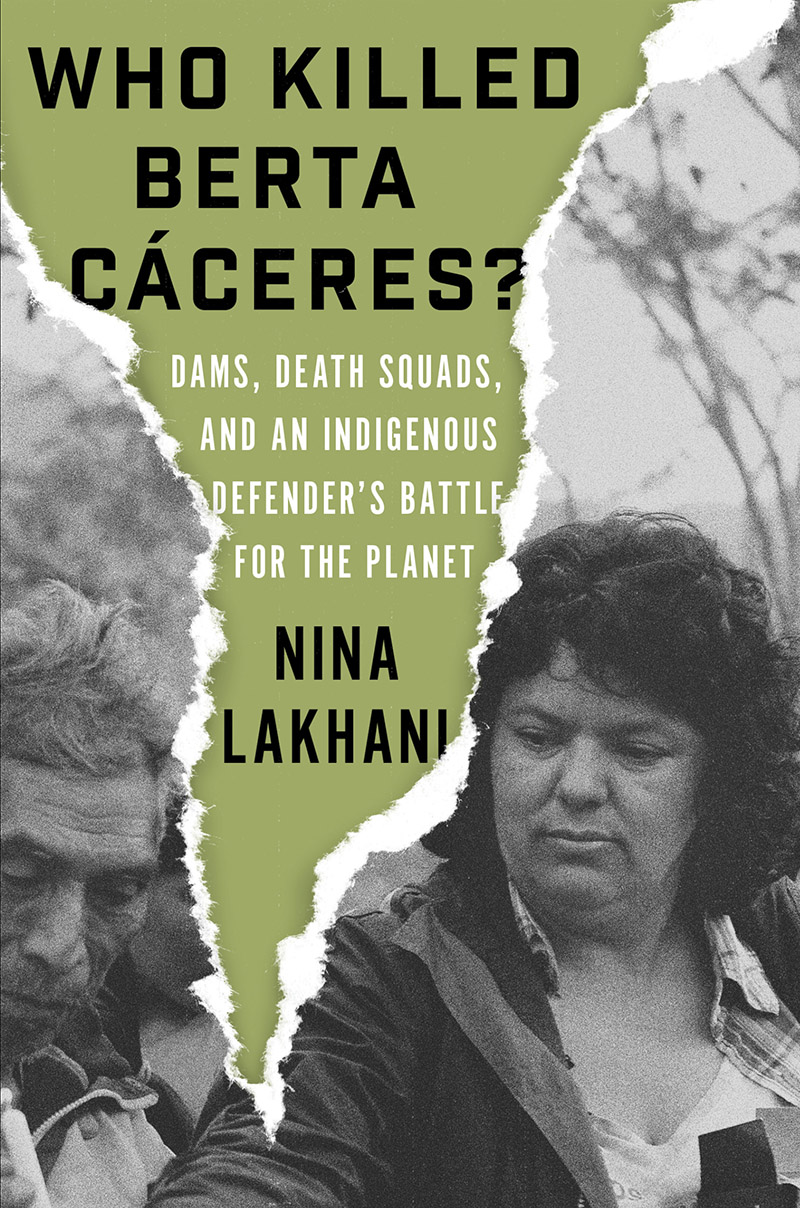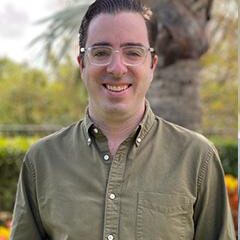Historias 99 – Nina Lakhani on the life, death, and afterlife of Berta Cáceres

Land and the control of it lay at the core of Latin American economic inequality, social unrest, and political violence. It animates the scholarship on the region.
In such countries with large indigenous communities as Bolivia, Mexico, and Honduras, the systematic dispossession of land remains an unresolved and contentious issue as these communities seek restitution while simultaneously defending current holdings.
In Honduras, the acclaimed indigenous activist Berta Cáceres was a central figure in the defense of land from so-called economic development and infrastructure projects, in particular the successful campaign to stop the building of the Agua Zarca Dam on the Río Gualcarque on Lenca land.
What is remarkable about Berta Cáceres is that much of her activism was done in the shadow of threats against her life, which only intensified during this campaign.
In early March 2016, armed intruders assassinated Honduran indigenous activist in her home.
Steven spoke with Nina Lakhani, environmental justice correspondent for The Guardian newspaper, about her new book entitled *Who Killed Berta Cáceres: Dams, Death Squads, and an Indigenous Defender’s Battle for the Planet*.


